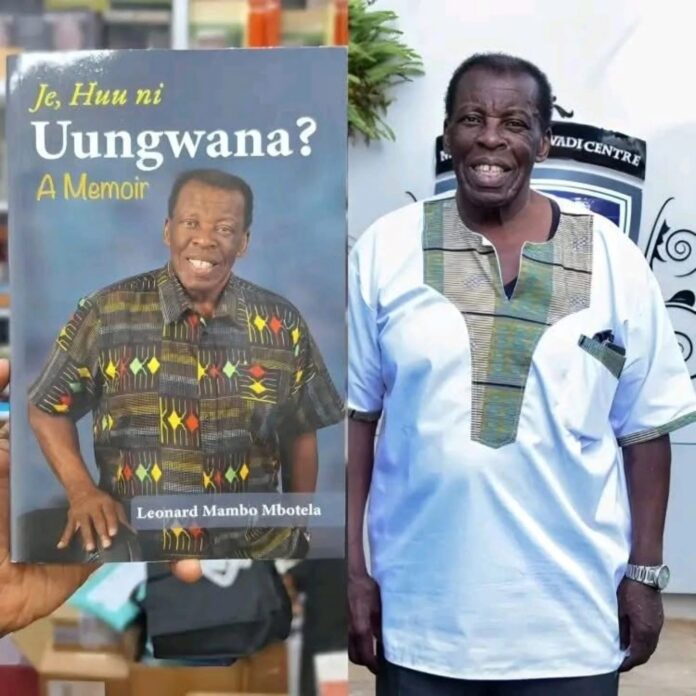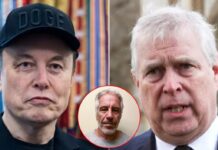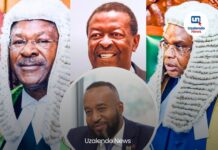As Kenyans bid farewell to veteran broadcaster Leonard Mambo Mbotela, the debate over his final resting place has revealed a deeper, often overlooked chapter of our nation’s history.
While many assume that every Kenyan has an ancestral home to return to, Mbotela’s story is a reminder that identity, heritage, and belonging are far more complex for some communities.
Lenny Mbotela’s roots trace back to Freretown, Mombasa—a settlement founded in 1864 to resettle freed slaves.
His ancestor, Mzee Mbotela, was among those rescued from Arab slave dhows in the 19th century, finding a new home in Kenya after being liberated.
The Freretown community, largely composed of freed Africans from Malawi, Seychelles, Madagascar, and even India, formed a unique urban culture that did not subscribe to the deep rural land ties familiar to many Kenyans.
For this reason, the decision to lay Mbotela to rest at Lang’ata Cemetery should not be surprising.
His family, like many others from Freretown, has long been part of Kenya’s urban fabric, with their history intertwined more with city life than rural homesteads.
Yet, beyond personal heritage, Mbotela’s passing highlights another pressing issue—recognition. Many descendants of freed slaves in Kenya, particularly the Wanyasa from Malawi, have struggled for decades to gain full recognition as Kenyan citizens.
Unlike the Nubians, Makonde, and Shona, who were only recently acknowledged as official Kenyan communities, the Wanyasa continue to face obstacles in acquiring identification documents, forcing many to adopt Mijikenda names to navigate the system.
Lenny Mbotela was fortunate to have his voice heard, carving out a place for himself as one of Kenya’s most celebrated broadcasters. But his legacy is also a call to acknowledge and embrace the rich, diverse histories that make up our national fabric. His family’s choice of burial in Lang’ata is not just a personal decision—it is a reflection of a community that has long existed within Kenya’s borders yet remains misunderstood by many.
As we say goodbye to this legendary voice, let us also open our eyes to the untold stories of our nation’s past. History is not just what is taught in school; it is woven into the very lives of those around us. And in honoring Lenny, we must also honor the stories of those like him—Kenyans whose roots may be different but whose contributions to this country are undeniable.
Rest in peace, Lenny Mbotela. Son of Freretown. Son of Kenya.


















